Careers
As a chemist, you will gain knowledge and experience to help solve complex problems to benefit the world. There also are many different industries within which you may focus your efforts.
Analytical chemists:
Determine the structure, composition, and nature of substances by examining and identifying their various elements or compounds. Also, study the relationships and interactions between the parts of compounds and develop new techniques for carrying out their work. Research has a wide range of applications, including food safety, pharmaceuticals, and pollution control.
Inorganic chemists:
Study the structure, properties, and reactions of molecules that do not contain carbon, such as metals. Work to understand the behavior and the characteristics of inorganic substances. Figure out how these materials can be modified, separated, or used in products, such as ceramics and superconductors.
Medicinal chemists:
Research and develop chemical compounds that can be used as pharmaceutical drugs. Work on teams with other scientists and engineers to create and test new drug products. Also, help develop new and improved manufacturing processes to produce new drugs on a large scale effectively.
Organic chemists:
Study the structure, properties, and reactions of molecules that contain carbon. Design and make new organic substances that have unique properties and applications. These compounds have, in turn, be used to develop many commercial products, such as pharmaceutical drugs and plastics.
Physical chemists:
Study the fundamental characteristics of how matter behaves on a molecular and atomic level and how chemical reactions occur. Based on analyses, develop new theories, such as how complex structures are formed. Work closely with materials scientists to research and develop potential uses for new materials.
Office hours
Monday - Friday
7:30 a.m. - 4:30 p.m.
Room TY255, Mail Code 2503
Mailing address
Weber State University
Department of Chemistry
and Biochemistry
1415 Edvalson St., Dept. 2503
Ogden, UT 84408-2503

